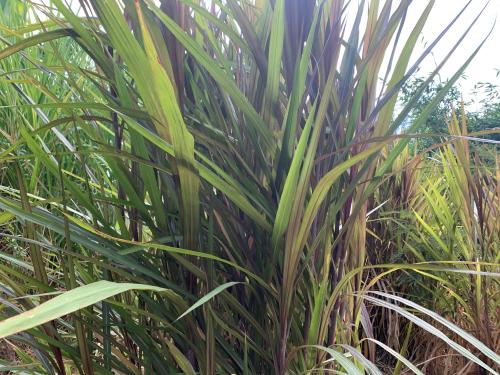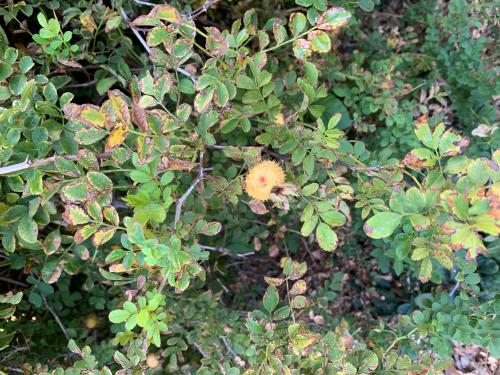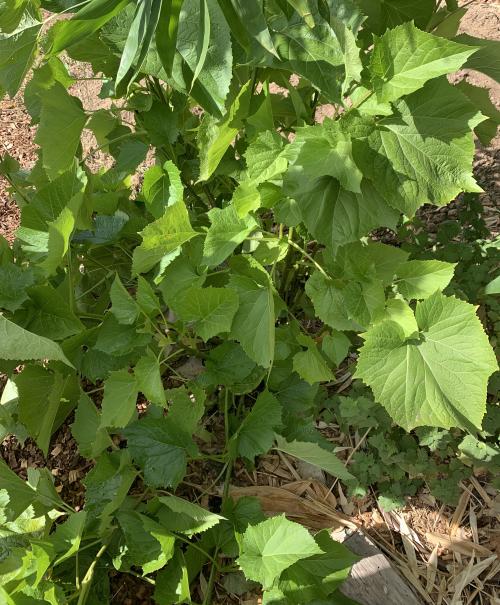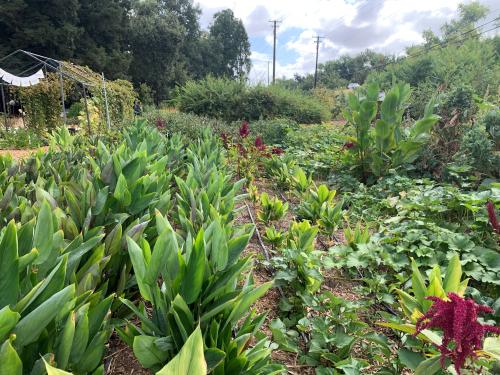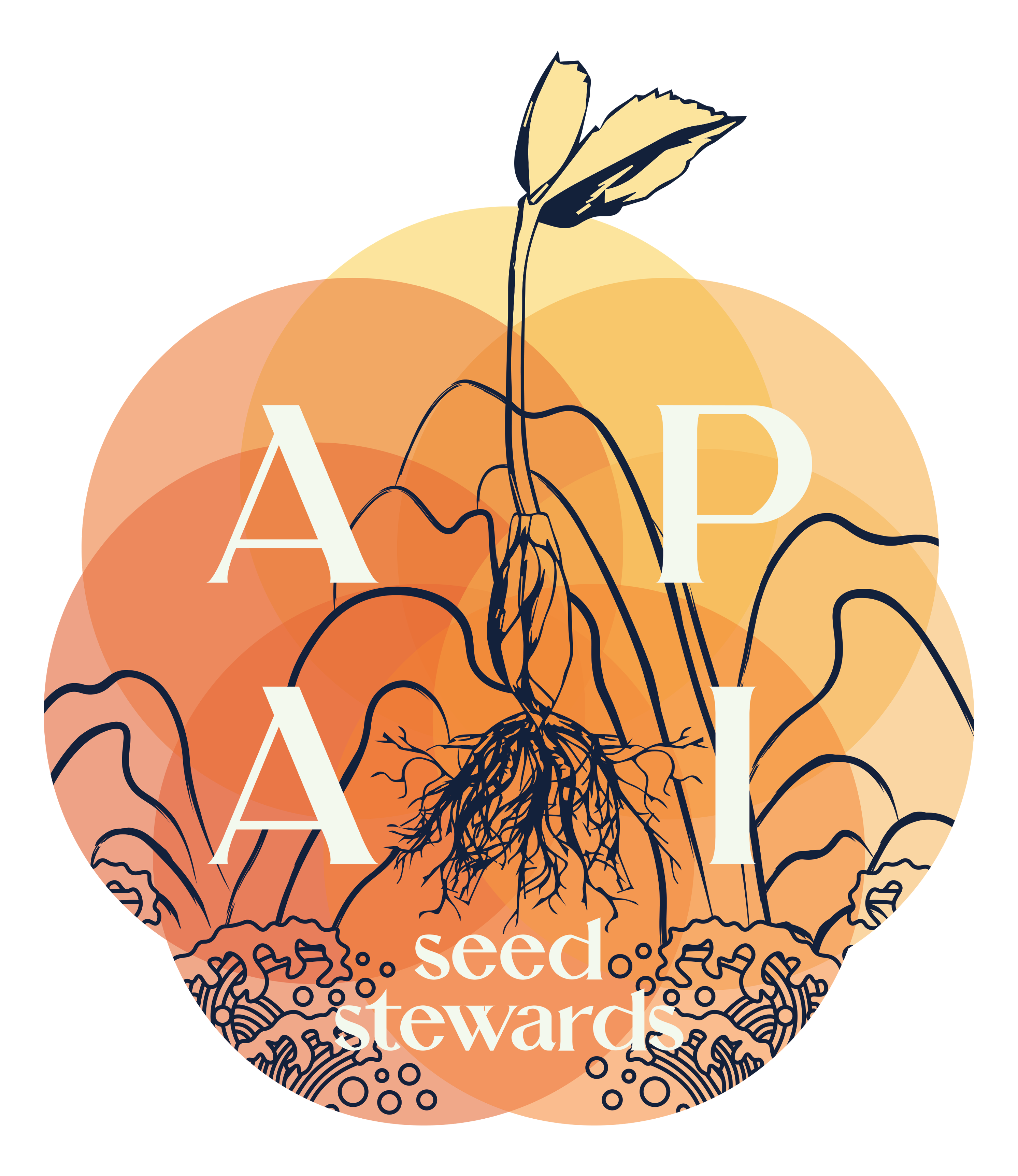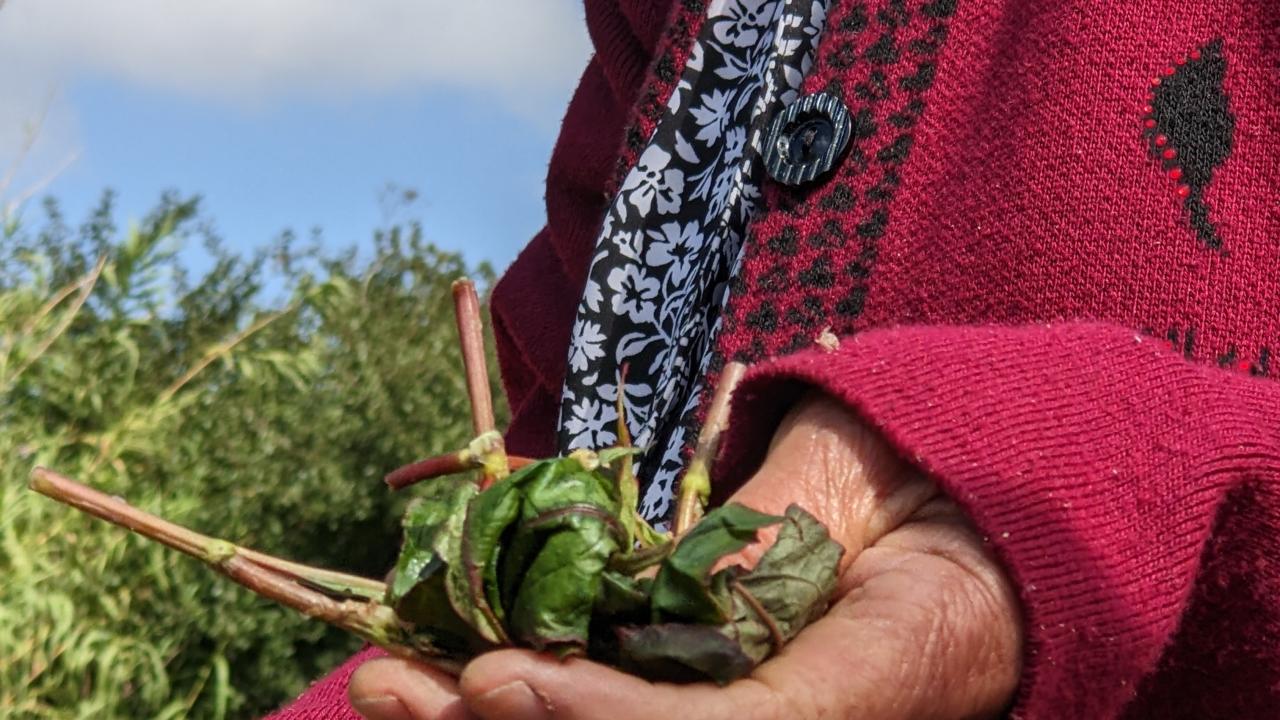
Mao’s Garden: Amplifying an 82-year-old Herbal Healer’s Philosophy and Practices of Seeds in Community
As our collaborative and community-engaged work has continued, one of our current projects is that we are collaborating with a Hmong American elder in nearby Sacramento who has been practicing sharing ethnobotanical knowledge with others and health care for her community.
She has been growing many plants and herbs in two different gardens: one in her home and one at her friend’s community garden in the Sacramento area. Members of our team have made several visits to these sites to connect with her and hear more from her. We were amazed by her history and cultural legacy and gratefully learned from her about the different plants’ medicinal uses that she had learned from her mother back in Laos, as well as a few new plants she had learned about and incorporated in her own healthcare practices through friends and relatives in the US. She shared with us stories about people’s ailments she had healed with the power of the plants, and especially shared her love for the relationships with people that has contributed to her strength. She has cared for a network of friends, relatives, co-stewards of the community garden, and personal referrals in California who go see her in Sacramento.
We hope to amplify her eagerness to be seen and heard to share her care practices, ethnobotanical knowledge, and lived experiences with others. In collaboration with Plant Science and SCOPE, we are planning ways we can benefit her work in a community-engaged way, including documenting and sharing her story more, and organizing enriching educational experiences for students to engage and connect with her. Possible outcomes could be to further engage intergenerational Asian American community and connection to food and farming, especially Hmong students; bringing in examples of community-engaged research; adding narratives to the landscape of our food and health care system, and further connecting land and people where it intersects with academia and agriculture, the practices rooted in community care, validating traditional healing ways, and diverse growing methods as part of it.
As we concluded our first meeting with her, she wanted to share her own lesson wishing for us to love and care for each other.
While we seek ways to amplify her important existence, feel free to share with us any ideas for educational programming!
These are some photos from the first two visits that we have made to the gardens that she tends to:
